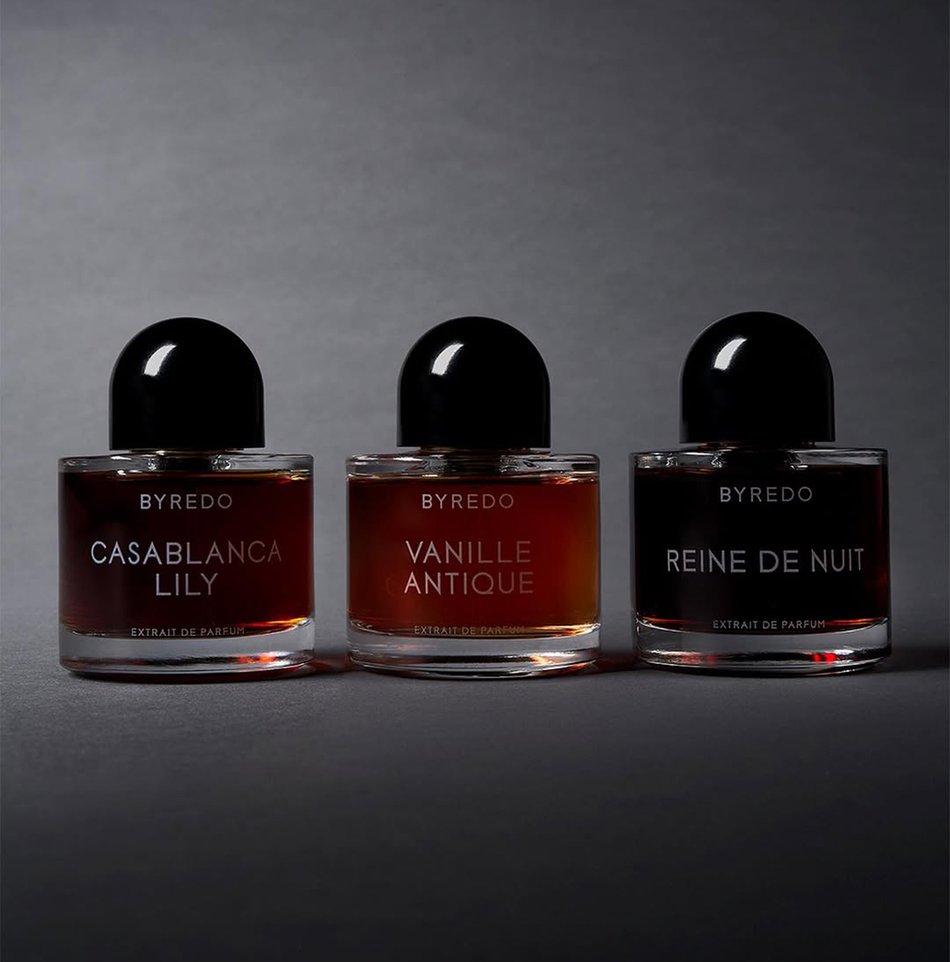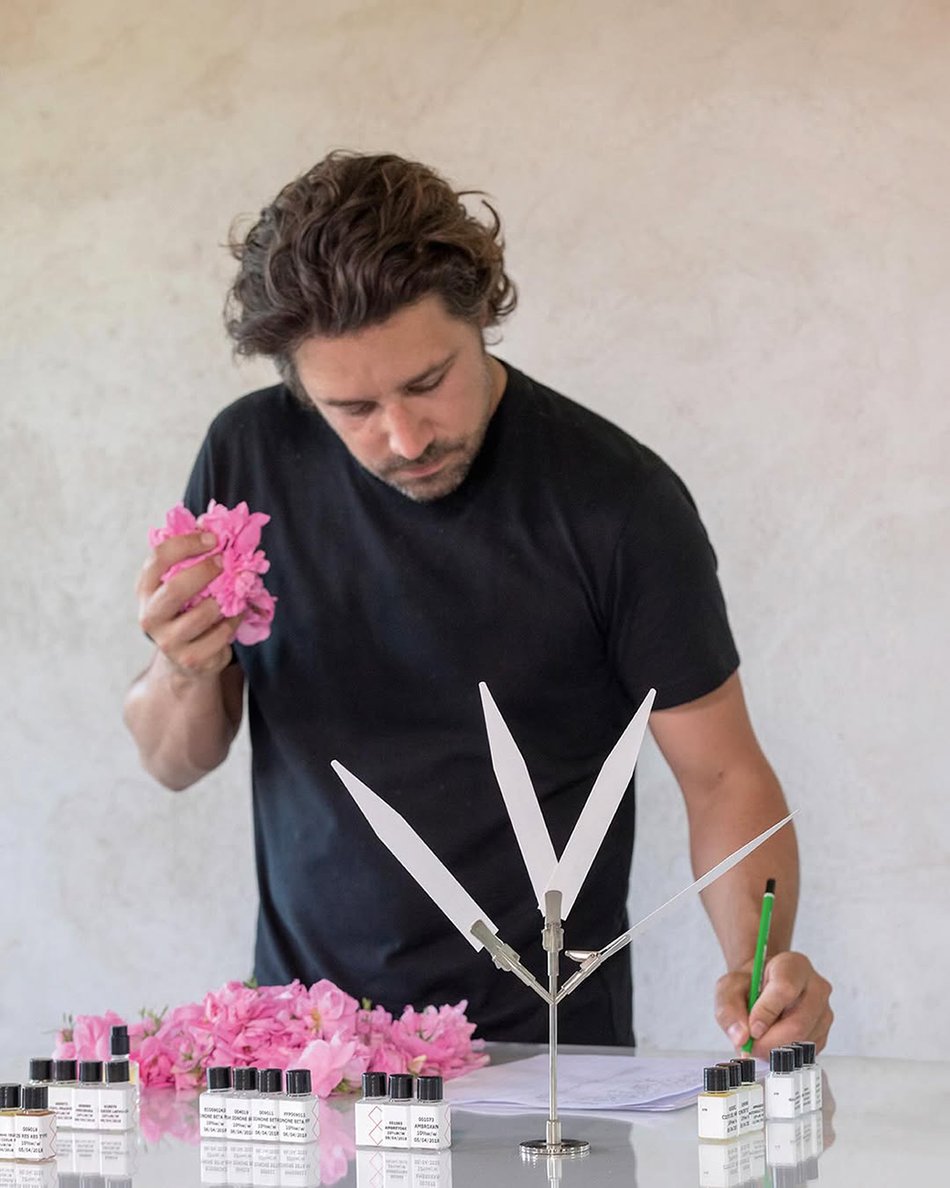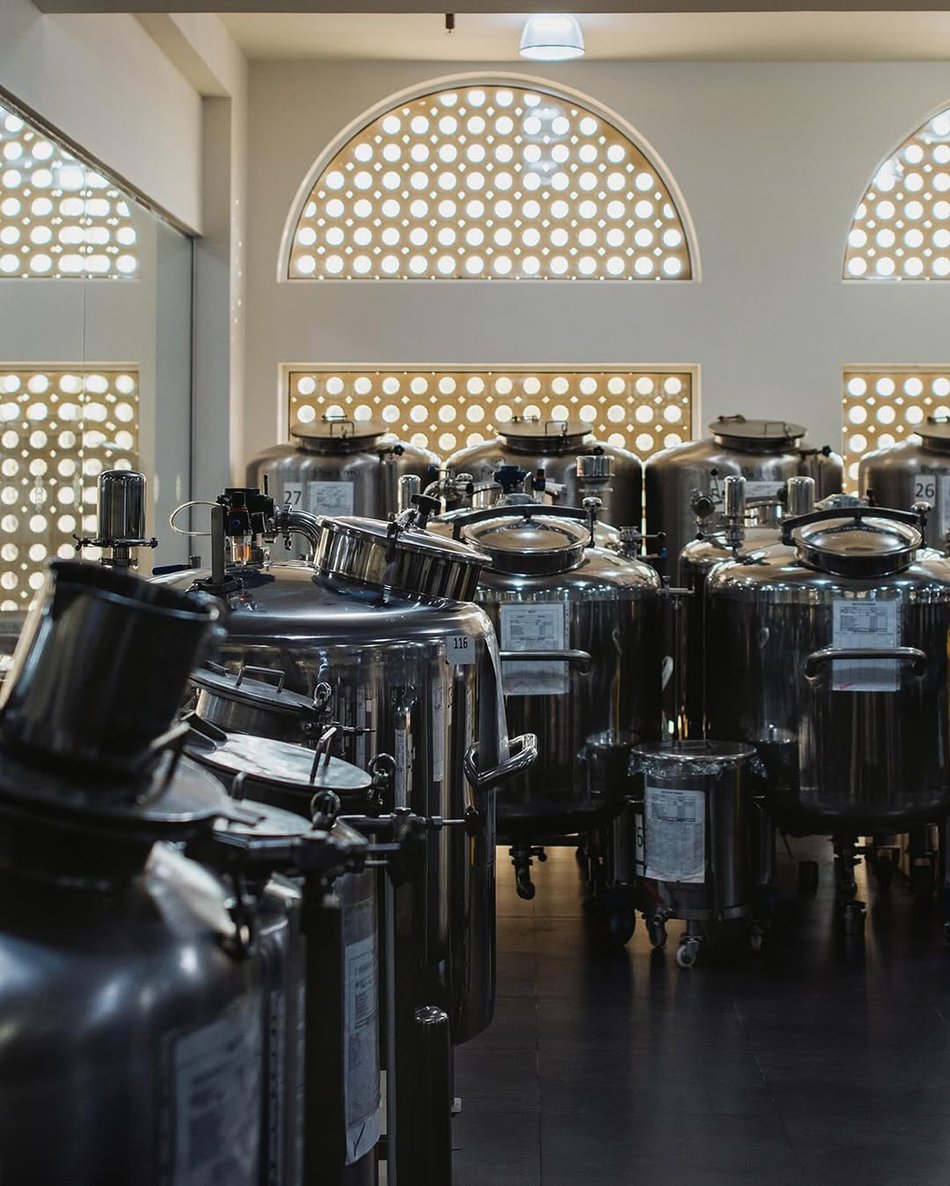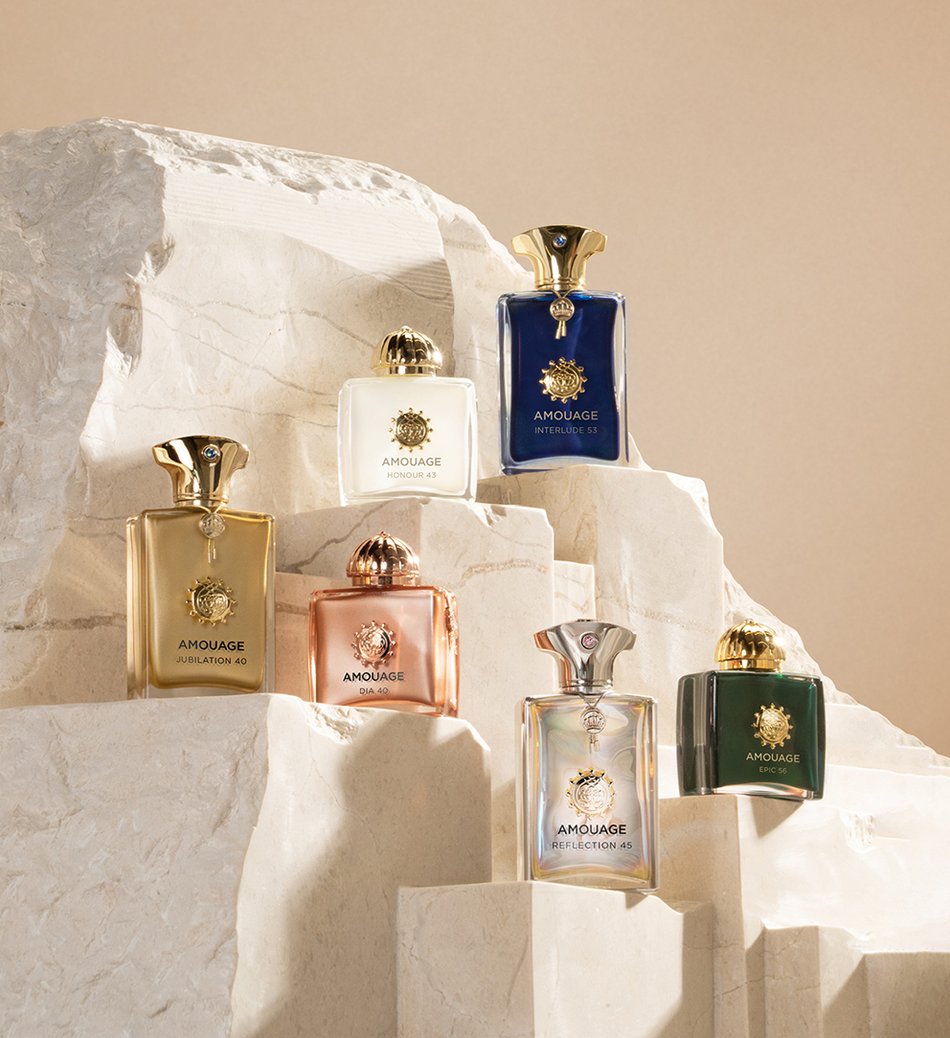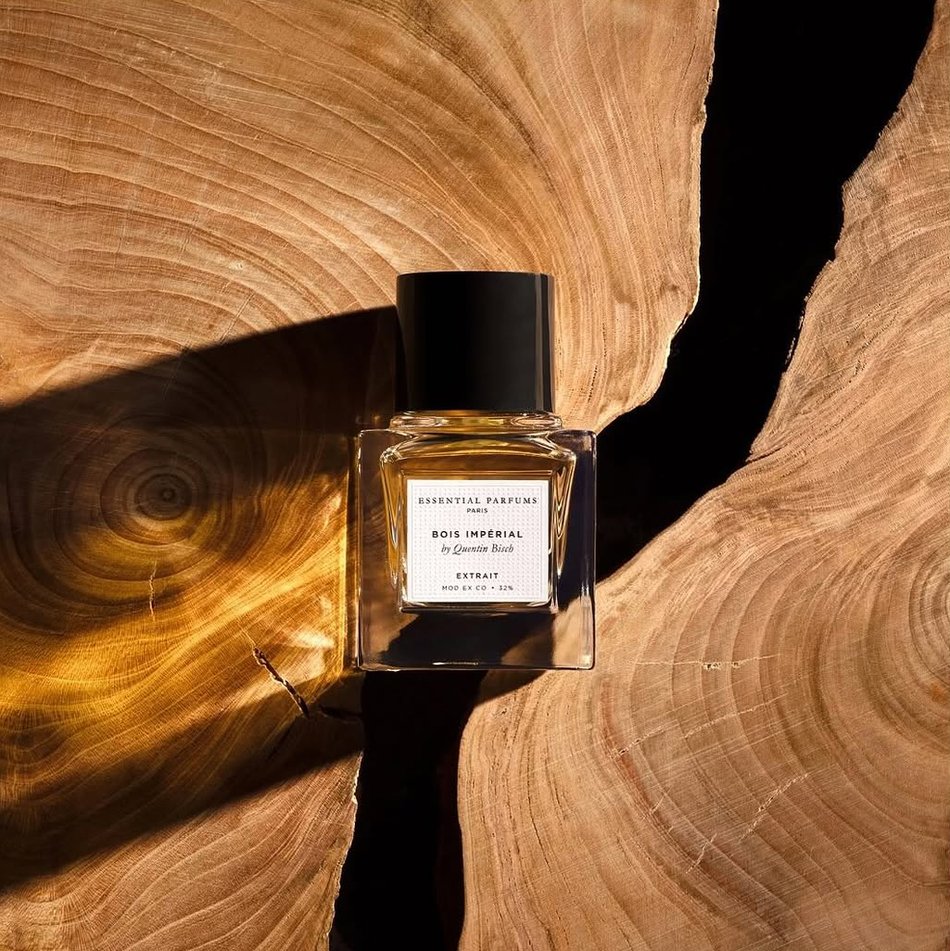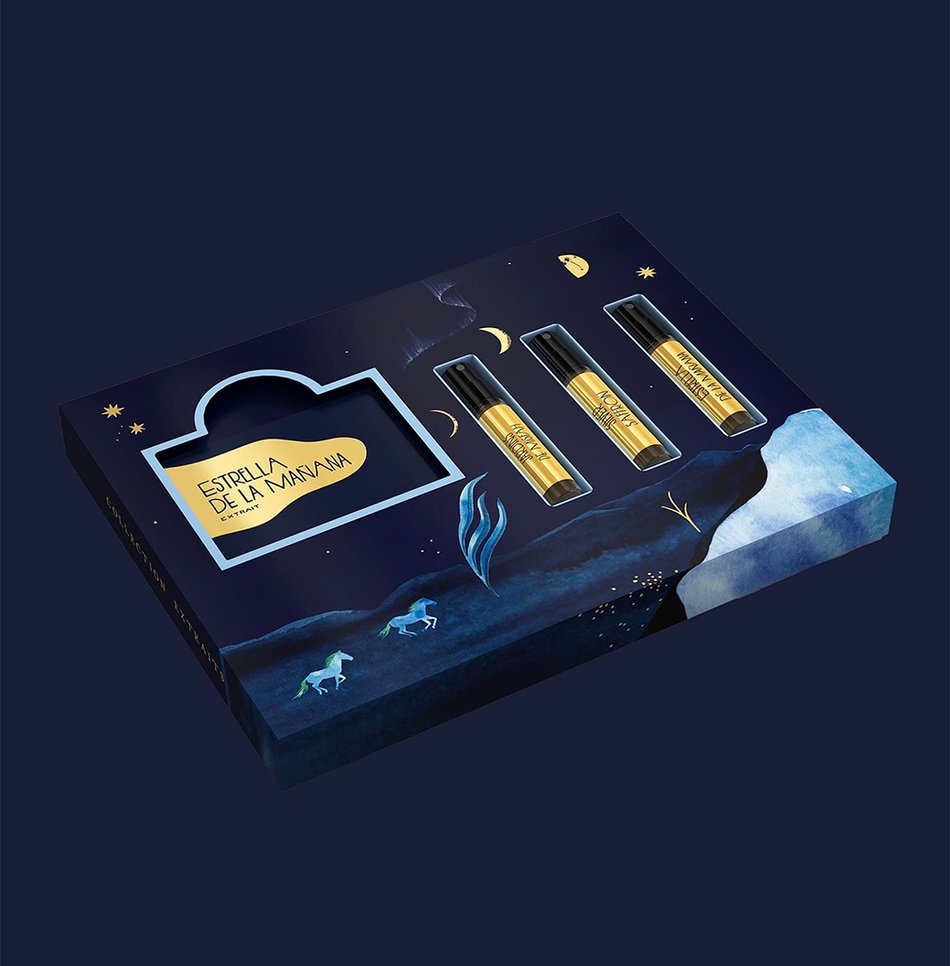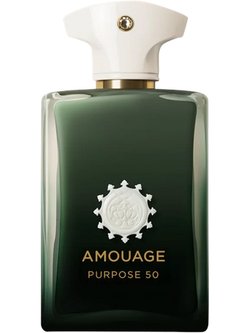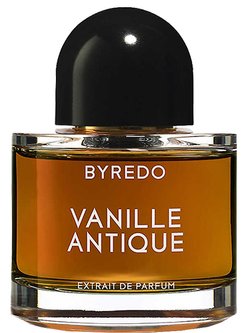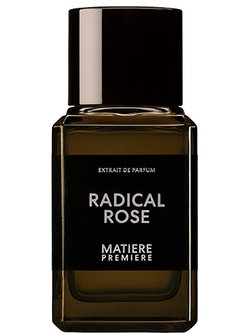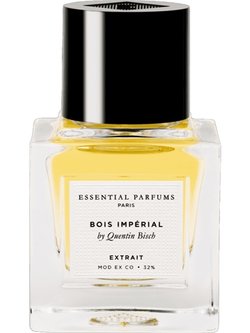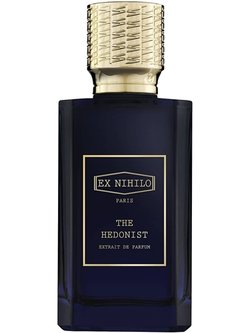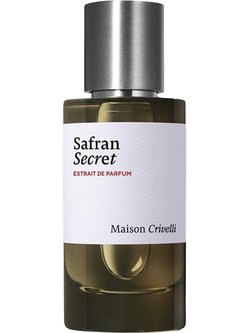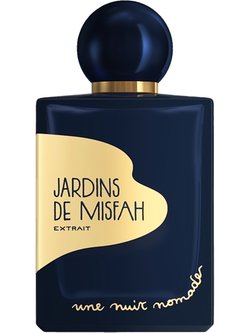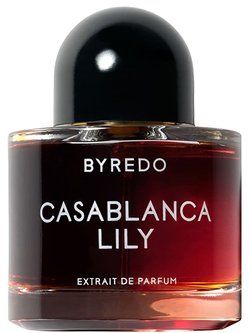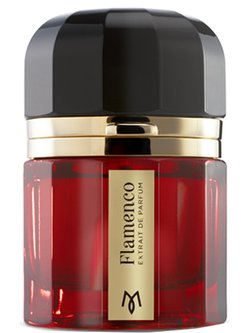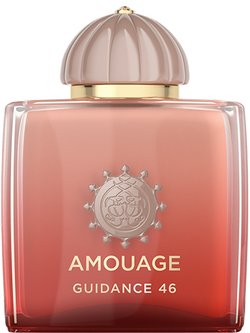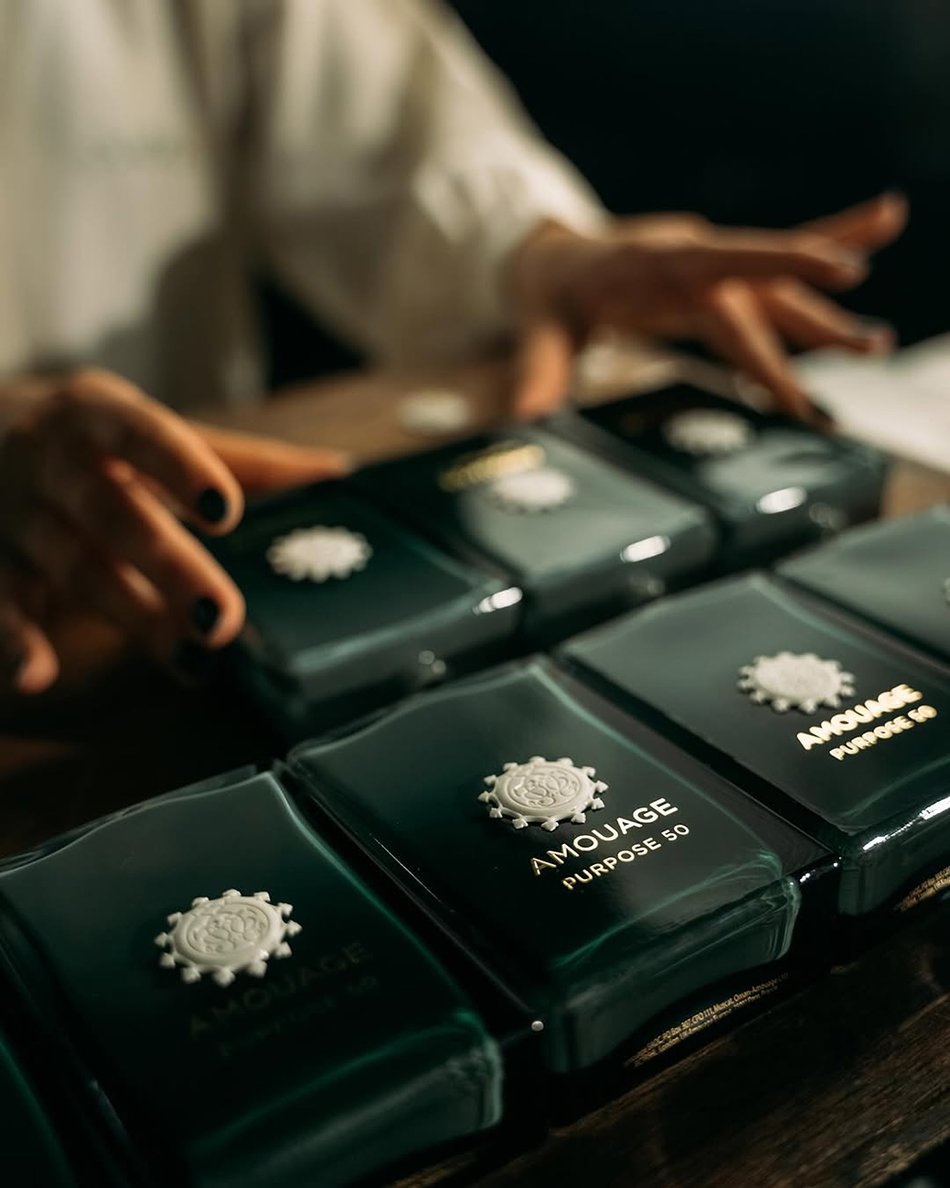
©Amouage.
There's something hypnotic about a highly concentrated perfume. If you're here, it's because you've experienced it, and now you want to understand the magic that happens when you spray a rich essence on your skin.
Concentrated fragrances are no longer a rarity; they've become a trend. Extracts and elixirs have evolved into coveted perfumes. Is it because this depth allows you to enjoy an olfactory story for longer?
But what makes these perfumes so special? Is it just about intensity, or is there more behind it? Does higher concentration mean a better perfume?
